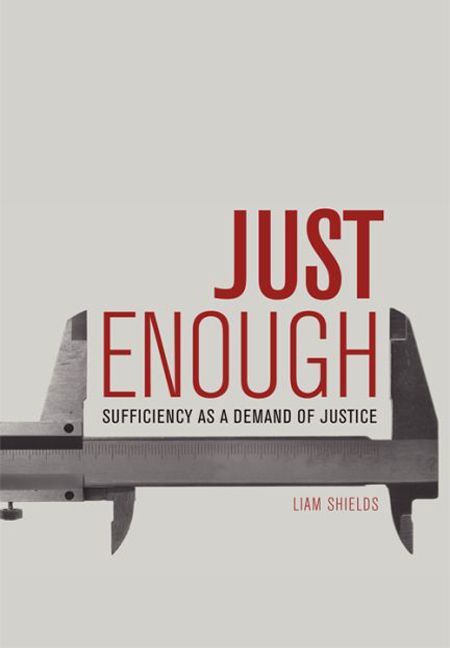5 - A Good Enough Upbringing
Published online by Cambridge University Press: 20 April 2017
Summary
In the previous two chapters I explored one strategy for defending indispensable sufficientarian principles. This strategy requires us to examine whether there are any sufficientarian reasons, where sufficientarian reasons are weighty, satiable, non-egalitarian and non-instrumental. There is more work to be done if we are to thoroughly re-examine the prospects for sufficientarianism. There is at least one further general line of argument that can be used to assess the prospects for sufficientarianism and if this line of argument can be vindicated, it bodes well for the prospects for sufficientarianism. I call this the ‘value clash argument’. The intuitive idea behind this line of argument is that where one value clashes with another, and both seem somewhat indispensable, the best principle to adhere to may be a principle that states that the weight of our reasons to advance a value shifts once the other value has been promoted to a sufficient extent. For example, if value A and value B seem relevant to some set of decisions and we cannot promote both, it may be best to follow the principle that states that we should promote A to a sufficient extent and then promote B. This is the alternative to simply denying that there is a value clash or giving lexical priority to one value over the other. It is also more principled than intuitively weighing each value in each case. If, as I will claim, some value clashes are most plausibly resolved by sufficientarian principles, then it seems we should be optimistic about the prospects for sufficientarianism insofar as there are such clashes.
As we have seen, certain shifts necessitate a sufficientarian principle. The sufficientarian principles supported by the value clash argument will find the middle ground between reducing one value to another, perhaps to utility or welfare, and claiming that one value has absolute priority over the other.
Leaving the value clash line of argument unexplored would leave important gaps in our understanding of the role of sufficiency in articulating the demands of distributive justice. The completion of the examination of both lines of argument will provide us with a more accurate assessment of the prospects for sufficientarianism.
- Type
- Chapter
- Information
- Just EnoughSufficiency as a Demand of Justice, pp. 121 - 165Publisher: Edinburgh University PressPrint publication year: 2016



